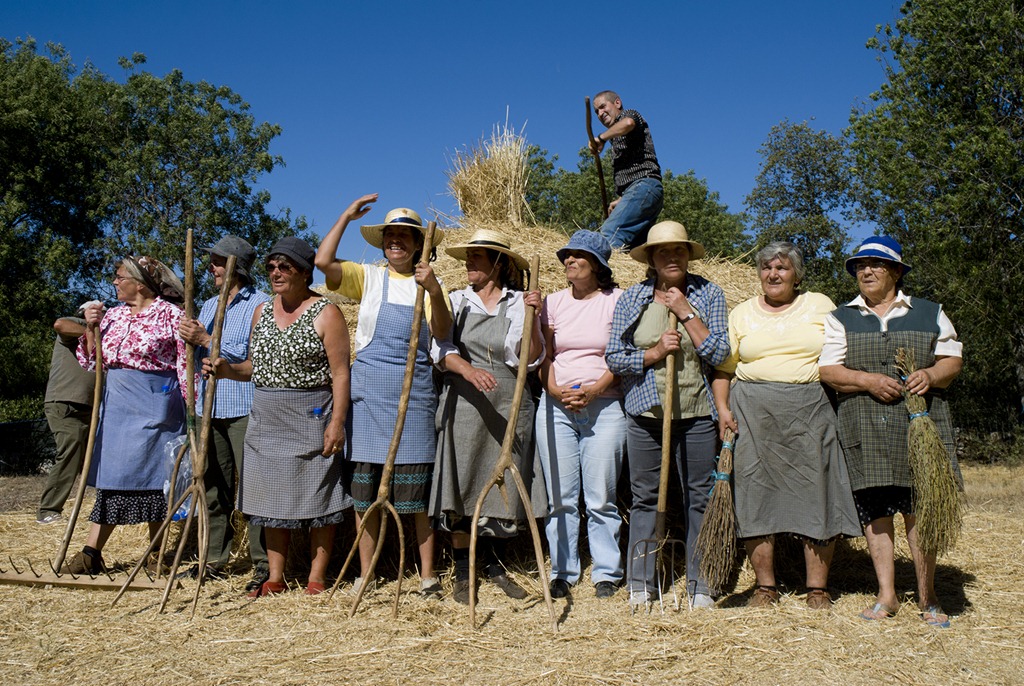[A version of this article first appeared as a post on my blog From the Front of the Choir]
I’ve written before about how hard it is to get a cross-section of ages and genders in your choir (How to recruit singers to truly reflect your local community).

But maybe that’s because we don’t have strong communities any more – at least not here in the UK.
Once upon a time there used to be strong and clearly defined local communities.
They were based around things like where you lived (e.g. a small village or terrace of houses), workplace (e.g. colliery or factory), religion (e.g. church or synagogue) or extended family.
The people in these communities had strong connections with each other and knew each other well. They would sometimes form a group around an activity such as singing, playing instruments or dancing. Out of these communities grew brass bands, Morris sides and choirs.
But these days, at least here in the UK and many other industrialised nations, such communities aren’t as evident any more.
People move around much more; church attendance is dropping; factories are closing; the mining industry is almost dead; and families tend not to stay together.
Often the people you live or work with are “not from around here”. There are not the opportunities to build relationships over time and get to know people really well. Although living and working together, people usually don’t have much in common having come from different background and different locations.
Yet we still crave community.
One way to build a community quickly is to set up a group around a shared activity such as singing, playing instruments or dancing.
Once you’ve joined such a group, it quickly becomes like a family as people get to know each other around a common interest. See How singing together creates communities.
So maybe these days instead of choirs arising out of an existing community, communities are created by setting up choirs.
In the US, for example, there are many inter-generational choirs with members ranging in age from eight to 80 with a good gender mix. Often such choirs are based around a church.
In other European countries there are still villages in rural areas which come together to sing. And in Southern Europe where ‘family’ is still strong, people gather to sing songs handed down over the generations.
Things are certainly different here in the UK. Yes, there are still strong communities scattered about, but not generally.
What’s your experience? Does your community support a choir, or has your local choir brought people together. I’d love to hear from you so do leave a comment.
Chris Rowbury
website: chrisrowbury.com
blog: blog.chrisrowbury.com
Facebook: Facebook.com/ChrisRowbury
Twitter: Twitter.com/ChrisRowbury
Monthly Music Roundup: Tinyletter.com/ChrisRowbury